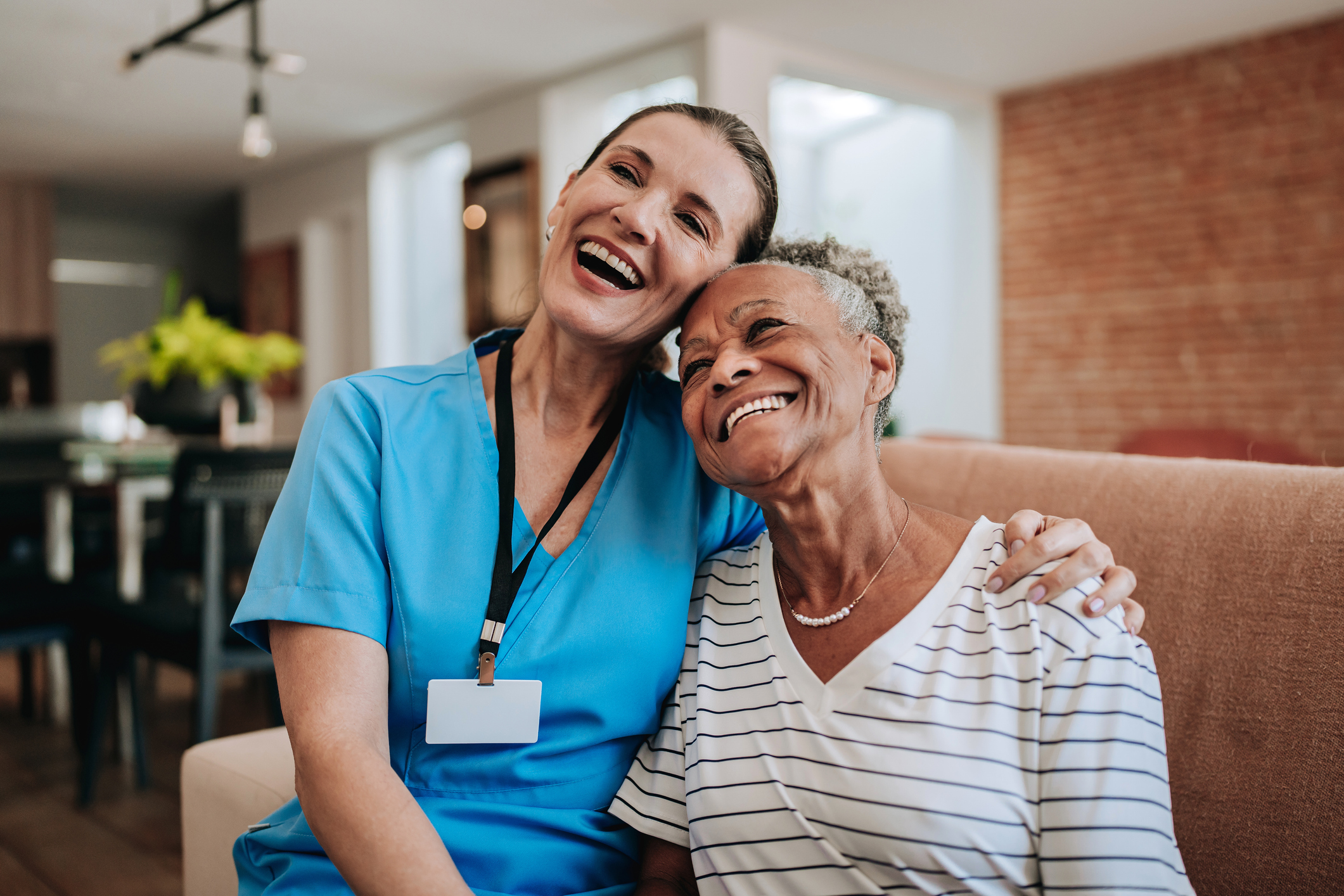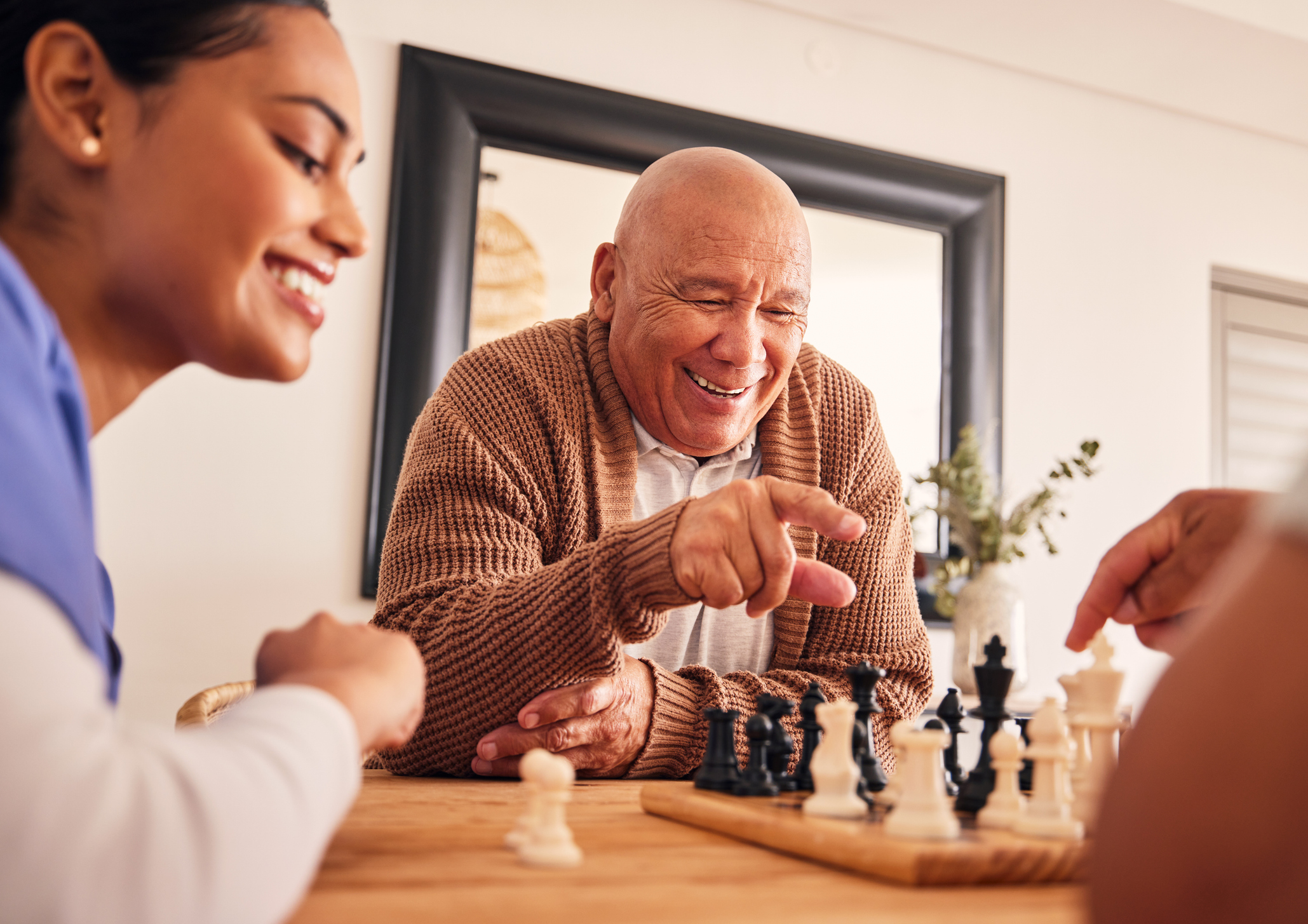How to Simplify Your Daily Routine for a More Stress-Free Retirement
Retirement is one of those times you want to be away from any worries. You had your hard work times, now is the time to sit back and relax. But as much as we want to retire without troubles, some always sneak in.
Now, for Americans, retirement can be exciting and daunting. Your concerns about financial security, health, and boredom are natural.
So, you need to prepare for it and make sure you have the best plans, such as home care services or others. Need some tips? We're here to help.
Common Challenges of Retirement
According to one estimate, America is seeing a record rise in retirements, with over 4.1 million people retiring each year until 2027. What used to be 10,000 during the last decade today exceeds 11,200 each day.
These statistics show a full range of problems; they are not just a chart. Many retirees experience poor physical health, mental decline, and social isolation when they don't have a planned schedule. Although these issues might not show up right away, they have the potential to progressively worsen your general health if you ignore them.
Among older Americans, isolation is a common problem. While the absence of a vibrant social life or regular opportunities to interact with people and form relationships is not new, it has become increasingly common in the last few decades.
Until they retire, people are unaware of how much their social lives revolve around their jobs. It acts as a strong motivator, pushing you to leave the house and interact with people regularly. It's simple to feel lonely when you don't have coworkers to talk to every day.
Desperation and cognitive decline may eventually result from a lack of social connections.
Declining health as a result of inactivity is another common problem. It's simple to become stagnant when you don't have the daily activity of working or commuting.
This can result in muscle loss, stiff joints, and weight gain, all of which raise the chance of falling. People often develop a fear of falling as they get older, which makes them less active. Their movement and balance are impacted, which raises the risk of a serious fall.
One of the best ways to lower your risk of a downward spiral and preserve your independence for as long as possible is to stay active.
Another risk is mental decline, such as dementia. The routine problem-solving and decision-making activities that are necessary in many workplaces are no longer performed by retirees.
Cognitive abilities may deteriorate in the absence of mental stimulation, making it challenging to maintain independence. The good news is that with the right habits and lifestyle choices, all of these challenges can be overcome.
Tips to Enjoy a Stress-free Retirement
Retirement is often thought of as a carefree period of time when people can unwind and fully enjoy life. However, if you are not financially, emotionally, and psychologically ready for the difficult situations that may occur, retiring and growing older can be confusing.
Many retirees downsize their homes as they start their retirement. They choose to live in a more compact or appropriate space for their needs. This one change can help you save money, reduce the amount of house you need to maintain, improve your mobility, and motivate you to keep fewer possessions.
Though it may not be the best choice for everyone, in that case, always have the best home care services available. Don't feel pressured to move in order to downsize if your house is already simple enough or if you have a sentimental attachment to it.
- Stay Connected with Family and Friends
A happy retirement depends on preserving solid social ties. Try to stay in touch with your loved ones through frequent phone calls, video chats, or in-person meetings.
Join clubs or groups in your community that interest you to make new friends and build a network of supportive people. A strong social network can keep you engaged and connected while offering emotional support.
- Enjoy the Benefits of Senior Community Living
One of the best ways to make retirement easier is to move into a senior living community that values care, convenience, and connection (only if you have no option of home care services or don't have a good place).
Certain communities provide the best of both worlds: a self-sufficient way of life combined with easy access to social events, food, and medical care.
There is no need for you to prepare or make significant adjustments because the community's service of care guarantees that you will continue to receive assistance even if your needs change.
Thanks to senior living communities, you can concentrate on what truly makes you happy without having to worry about daily maintenance. These communities offer everything from house maintenance to wellness services and recreational activities.
- Plan Strategies for Living Within Your Means
A comfortable retirement depends on living within your means. Set aside money for essentials like groceries, housing, and medical care, and budget for transitional services.
In addition, is it possible to take out a loan from your pension? Of course you can. Generally speaking, though, you should refrain from taking out a loan against your pension unless absolutely necessary.
If possible, consider other financial options, such as taking on a part-time job or cutting back on your spending, to increase your financial cushion.
Caring for your mental and emotional well-being is just as important as looking after your physical health. To manage stress, use relaxation techniques like meditation or deep breathing exercises. If you are suffering from loneliness or anxiety, consider meeting with a therapist or counselor. Prioritizing your health will help you keep a positive attitude and have a more stress-free retirement.
In case you are at risk of Dementia, get Alzheimer Dementia Care with us. Under proper care, you will be less at risk of getting it worse with time. Your caregivers can most certainly offer better help in remembering to take medications to prevent symptoms from escalating.
Conclusion
Retirement should be about peace, purpose, and enjoying the life you've worked hard to build. While concerns like isolation, declining health, or financial worries are valid, they can be managed with the right mindset and preparation.
By simplifying your routine, staying socially connected, considering a comfortable living arrangement, managing your finances wisely, and prioritizing your well-being, you can enjoy a stress-free and fulfilling retirement.
Remember, it's not about doing everything at once, it's about making thoughtful choices that support your independence and happiness every day.
References
https://www.sweetsofties.com/2025/02/tips-for-stress-free-retirement.html




